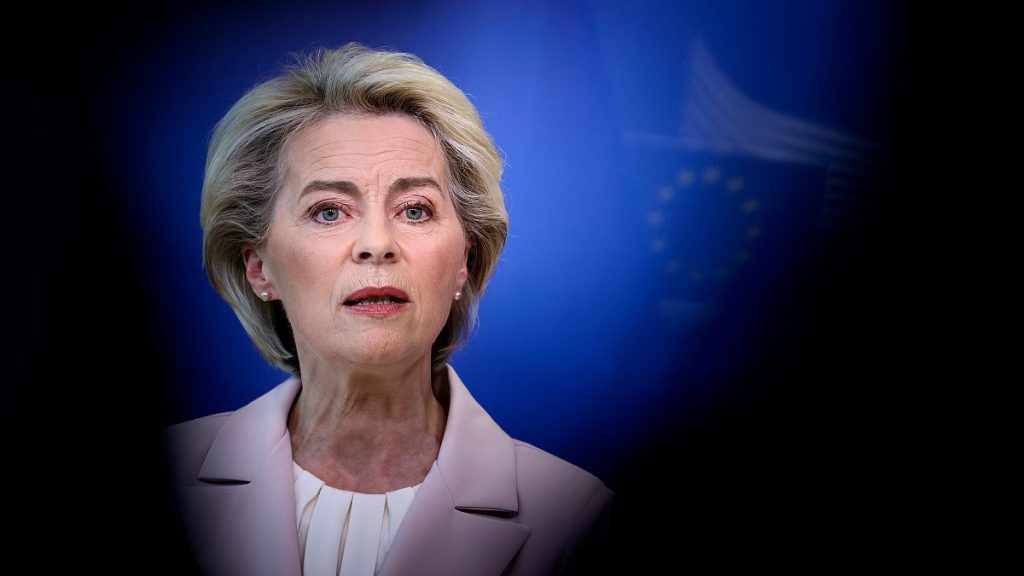The hiring of MEP Markus Pieper from EU Commission President Ursula von der Leyen’s party to a lucrative official post has sparked controversy. Lawmakers, activists, and even members of the Commission have criticized the appointment of Pieper as SME Envoy at the European Commission, citing concerns over political favoritism and a lack of transparency. Despite the backlash, Pieper is set to start his duties on April 16. The decision has raised questions about the hiring process and potential conflicts of interest.
Pieper’s appointment as EU Envoy for Small and Medium-Sized Enterprises (SME) has faced opposition from various quarters, with concerns over cronyism in public appointments. MEPs have tabled an amendment to rescind the decision on the Commission’s budget, arguing that it was not based on merit. Even senior Commissioners within the Commission have expressed reservations about Pieper’s appointment. The controversy has highlighted issues of transparency and fairness in the recruitment process for top EU positions.
Pieper’s salary as an EU official at AD15 grade, the second most senior level, is expected to be significantly higher than his current earnings as an MEP. EU officials do not pay national income tax but face a special EU deduction. In addition to salary, benefits include EU pensions, health insurance, moving allowances, and unemployment benefits after leaving office. However, the exact details of Pieper’s pay deal have not been disclosed, raising further concerns about transparency in his appointment.
As the EU SME Envoy, Pieper is expected to work closely with small and medium-sized enterprises to promote their growth and reduce administrative barriers. His role involves submitting annual reports to the Commission on cutting red tape, coordinating with national SME Envoys, and assessing the impact of EU legislation on SMEs. While the job description outlines key responsibilities, questions remain about the transparency of his work, such as disclosing meetings with lobbyists.
Pieper will be based at the Commission’s DG GROW department, which already has a dedicated team working on innovation, entrepreneurship, and SMEs. He will report to both von der Leyen and EU single market commissioner Thierry Breton, despite Breton’s reservations about Pieper’s suitability for the role. Efforts are being made to establish effective working methods between Pieper and Breton, ensuring collaboration despite potential conflicts of interest and differing opinions.
The controversy surrounding Pieper’s appointment comes at a critical time as Von der Leyen seeks a second term as Commission president. With European elections approaching in June, the scandal could impact her bid for re-election. The European People’s Party, to which both Von der Leyen and Pieper belong, is expected to perform well in the elections but may require support from other parties to secure a majority. Some MEPs are actively calling for the rescission of Pieper’s appointment, underscoring the potential political implications of the controversy on Von der Leyen’s re-election prospects.


